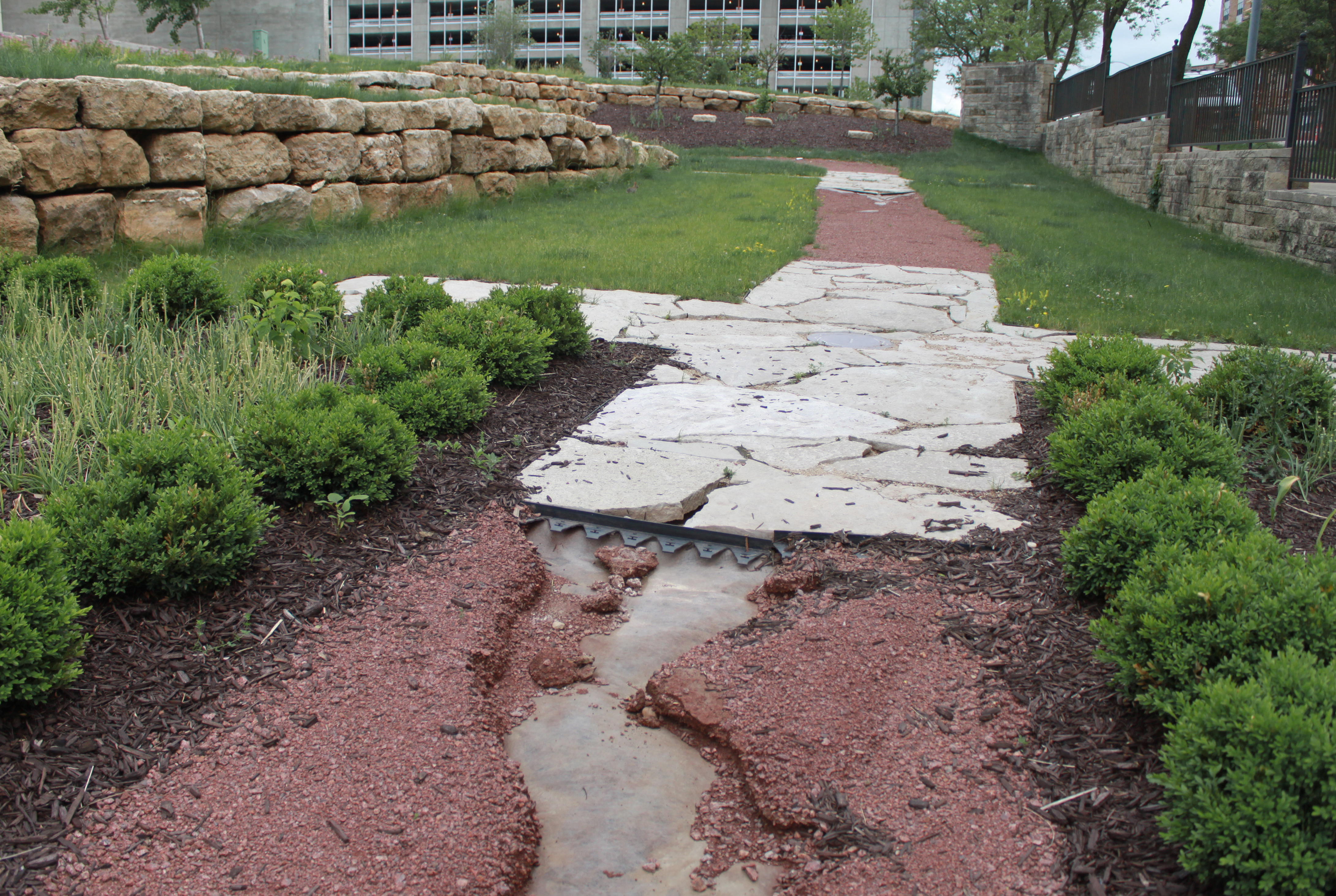
St. Raphael’s owns a 1.3-acre lot in downtown Madison that is assessed at more than $4 million
A Wisconsin church’s attempt to get a massive tax exemption on an empty valuable piece of property was again rejected by a state court.
The Wisconsin 4th District Court of Appeals ruled on Thursday, Nov. 30, that a lot owned by a Catholic church in downtown Madison was properly taxed by the city. FFRF filed an amicus brief in support of the city in a dispute with the St. Raphael’s Congregation over land that the church is holding for future development.
St. Raphael’s sued the city last year in the county circuit court to recover more than $98,000 in taxes it paid in 2014. The appeals court upheld the lower court ruling that St. Raphael’s was not entitled to an exemption.
“This is a victory for city taxpayers who should not have to pay more in taxes because a church thinks that it is entitled to a huge tax break,” says FFRF Co-President Annie Laurie Gaylor.
The St. Raphael’s lot was once the site of a church, destroyed by fire in 2005, as well as a dilapidated school building that was purchased by the church in 2011 and torn down in 2012. Because the conjoined lot was vacant, the city began taxing the property in 2012.
The appeals court reiterated that the Wisconsin Supreme Court has held that exempt property must contain an actual building. St. Raphael’s claims that it will build a cathedral at some indefinite time in the future. The court upheld the assessment by the city, finding that “the absence of a cathedral on the property during the 2014 tax year is fatal to the Congregation’s quest for a tax exemption for that tax year based on a cathedral.”
The assessment by the city prompted the church to add a “Way of the Cross” walking path on the lot. The church then claimed the property was tax exempt because it was being used for religious purposes.
FFRF asserted in its brief that St. Raphael’s is just holding on to its land for possible development down the road, not entitling it to tax relief.
“If this type of exemption were permitted, any religious, benevolent, or educational organization could buy property for future development and merely place a monument on the property as a placeholder,” wrote FFRF Senior Counsel Patrick Elliott. “While holding real property tax-free for more than a decade may be a sound financial investment, it burdens taxpaying citizens and is an abuse of the exemption statute.”
The court of appeals also rejected an absurd argument by the church that the path was in fact a “building.” The court said this argument “is easily rejected because the Way of the Cross is plainly not a ‘building’ within the meaning of the statutory exemption.”
Earlier this year, the church paid a lobbyist $20,000 to lobby Wisconsin lawmakers to create a special exemption in state law for its property. The new law takes effect in 2018 and would allow churches or religious associations to maintain an exemption for up to 25 years if their building is destroyed. FFRF is considering a legal challenge.
The Freedom From Religion Foundation has 30,000 members nationally and almost 1,400 in Wisconsin. The state/church separation watchdog’s national headquarters is located in Madison, in close proximity to the St. Raphael’s property that is the subject of this case. FFRF seeks to safeguard the interests of hundreds of its Madison members.

